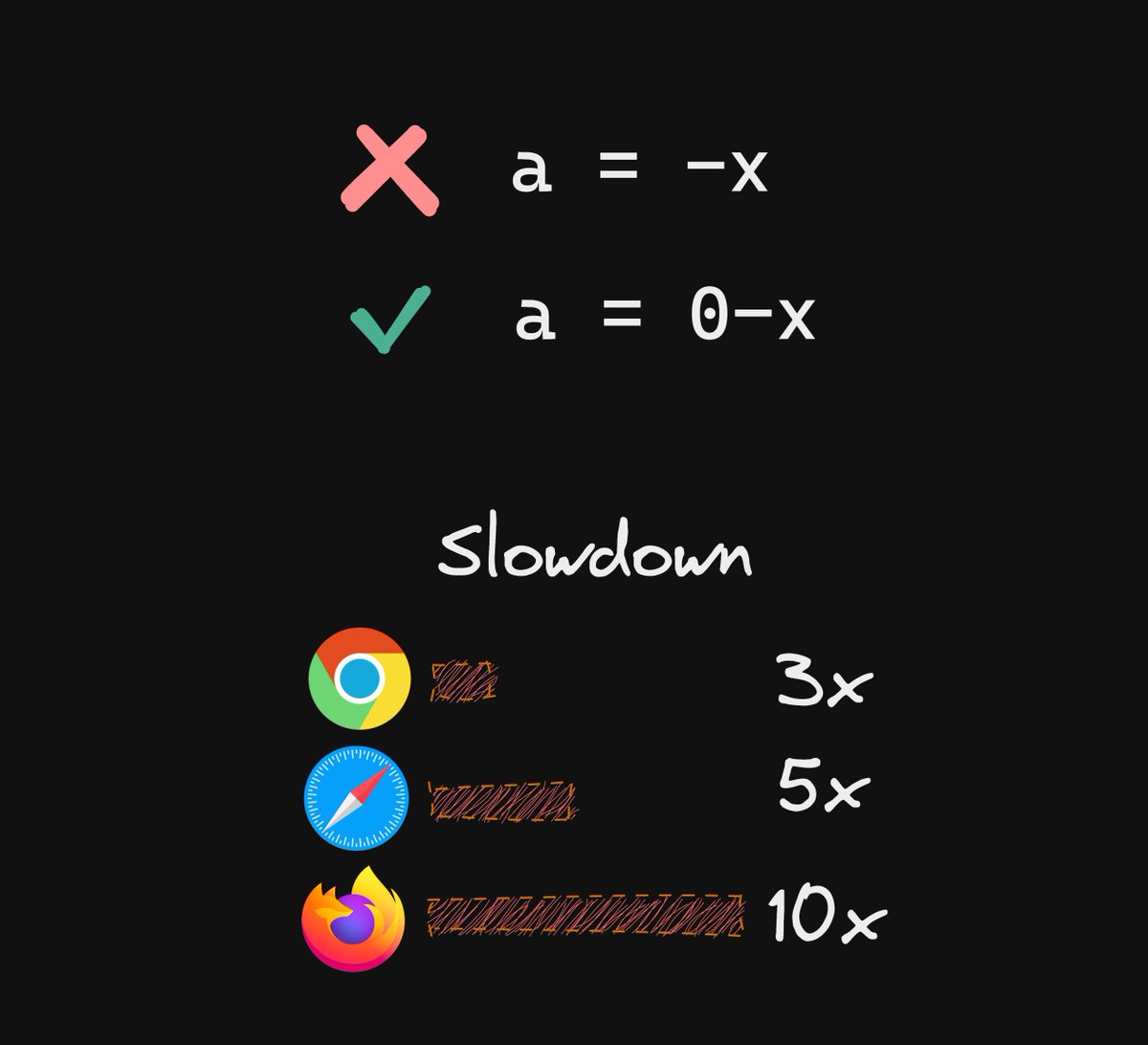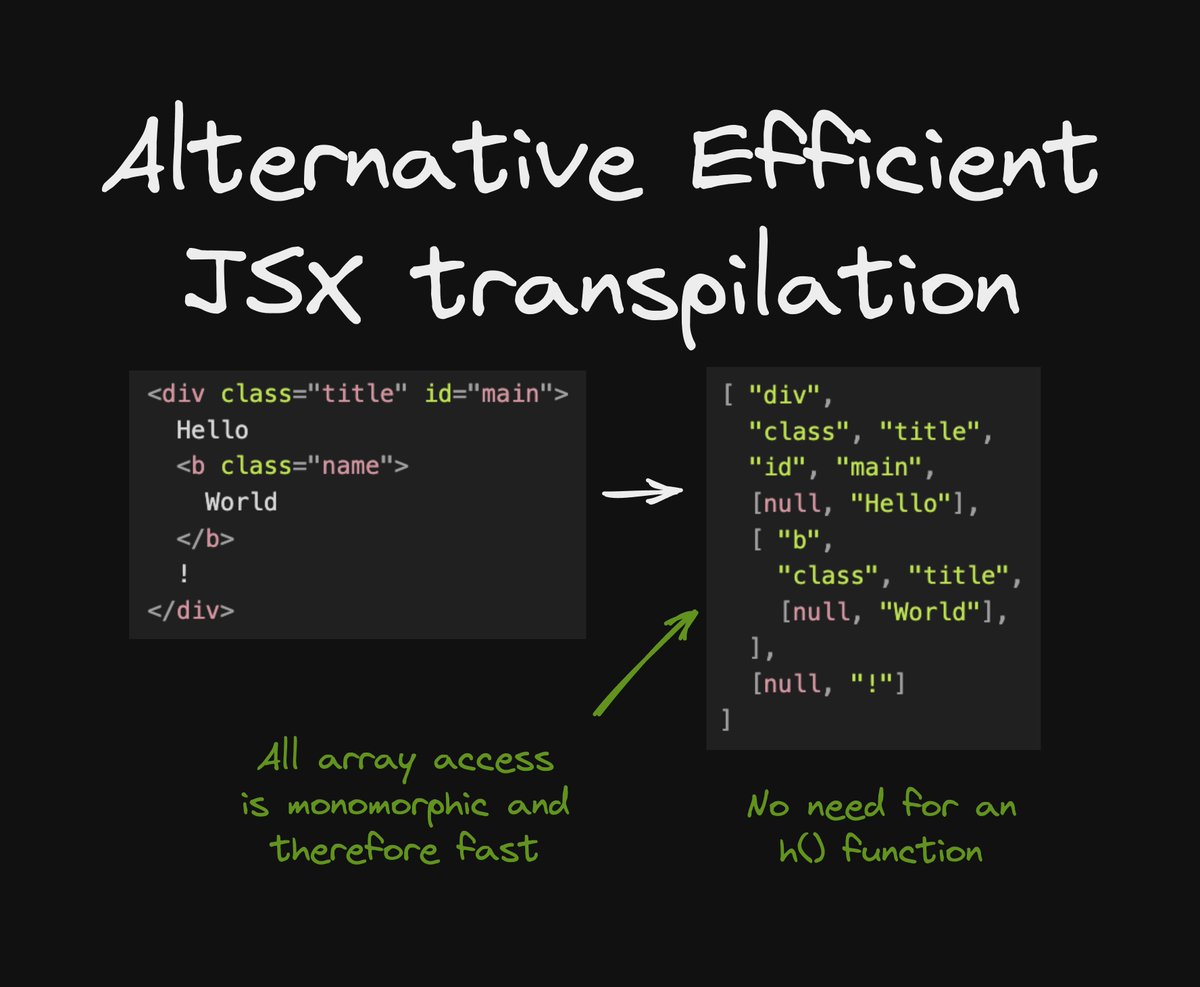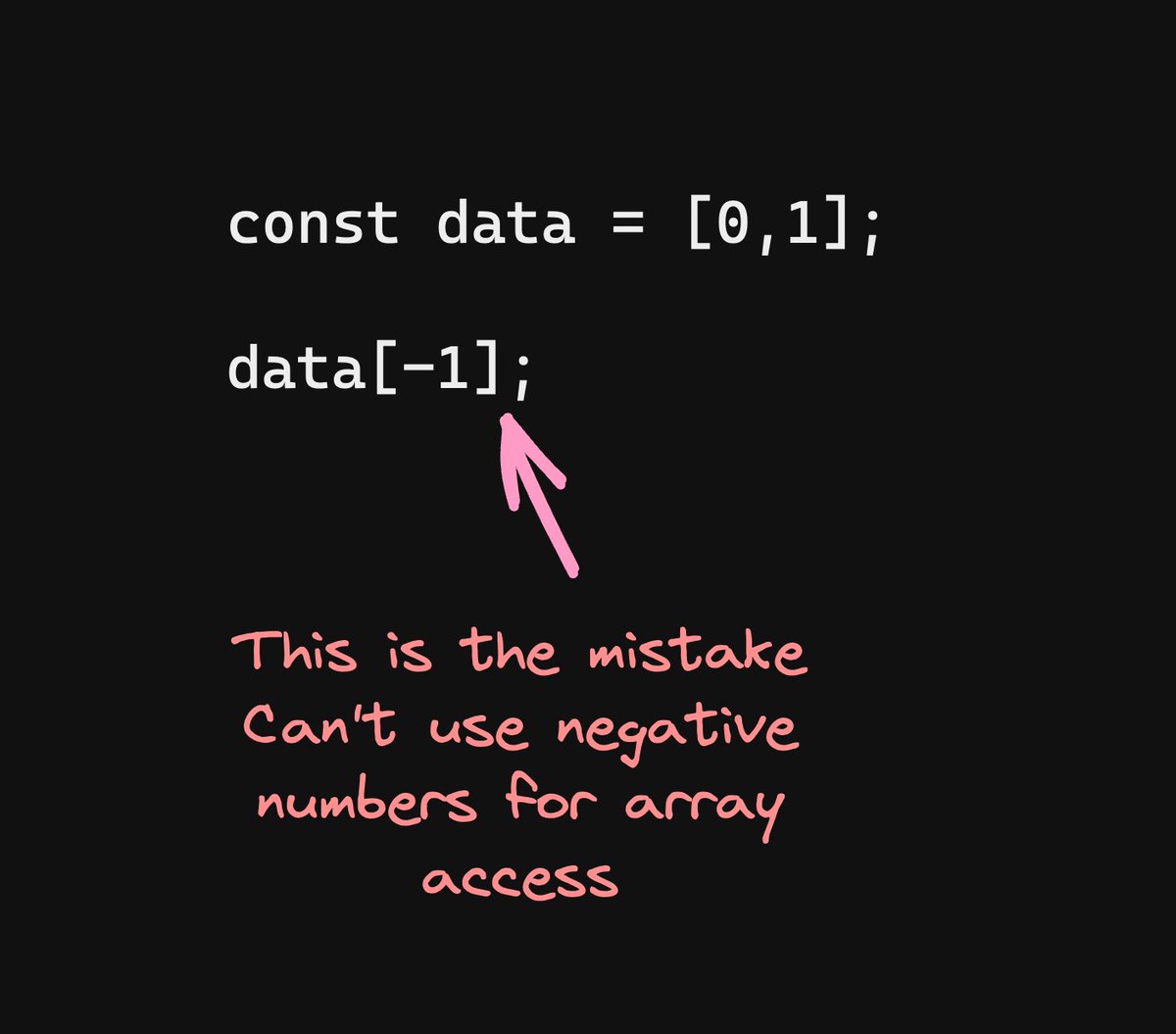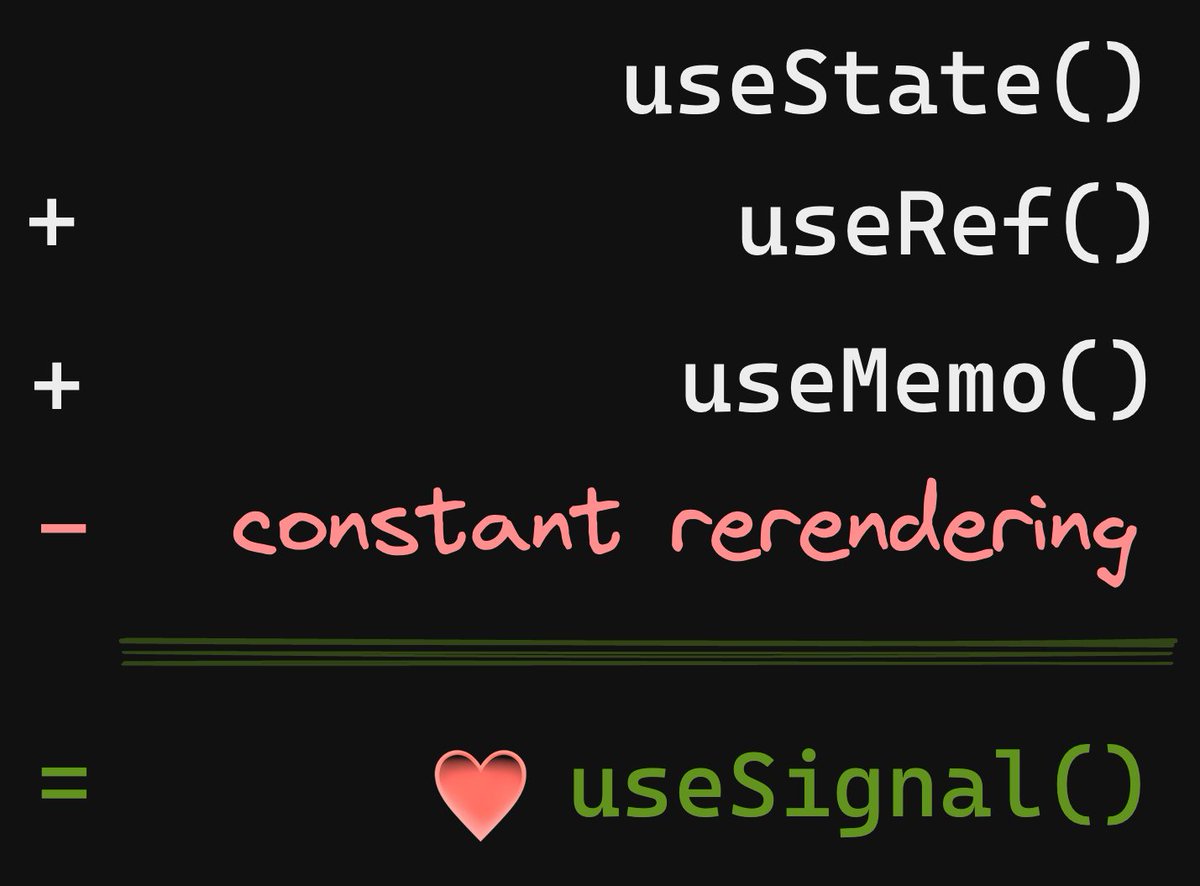
`a = 0-x` is about 3-10x faster than `a = -x` 🤯
Let's jump into JavaScript VM details to see why and how to guard against this VM de-opt:
🧵🪡🧶
Let's jump into JavaScript VM details to see why and how to guard against this VM de-opt:
🧵🪡🧶

The first thing to understand is that JavaScript has two representations for numbers:
- Integers: Fast path
- Floats (IEEE 754): Slower path
Integers are stored as “Two's complement” and can't have `-0`, but Floats can!
- Integers: Fast path
- Floats (IEEE 754): Slower path
Integers are stored as “Two's complement” and can't have `-0`, but Floats can!

Let's assume: `x` is an Integer and `x = 0`
`0-x` => `0-0 => 0`, Result is `0` (Integer) Perfect!
`-x` => negate `x`.
- For any non-zero value, the result is an Integer.
- But for `0`, the result is `-0`. But integers can't have `-0`, So JavaScript stores it as a Float `-0`.
`0-x` => `0-0 => 0`, Result is `0` (Integer) Perfect!
`-x` => negate `x`.
- For any non-zero value, the result is an Integer.
- But for `0`, the result is `-0`. But integers can't have `-0`, So JavaScript stores it as a Float `-0`.

Why is this a de-opt:
1) Array access requires an Integer. So VM has to guard for Floats and convert Float (-0) into Integer(0);
2) VMs have special "fast" arrays for all integers but use a more generic (slower) array for an array of mixed types (such as Integers and Floats)
1) Array access requires an Integer. So VM has to guard for Floats and convert Float (-0) into Integer(0);
2) VMs have special "fast" arrays for all integers but use a more generic (slower) array for an array of mixed types (such as Integers and Floats)

Different browsers have different perf penalties for this, but my tests show a 3-10x slow down on Apple M1:
Try it yourself: perf.builder.io/?q=eyJpZCI6Inh…
Try it yourself: perf.builder.io/?q=eyJpZCI6Inh…

Learnings:
- Avoid using the negate operator `-x`!
- Prefer the subtraction operation `0-x` to get a negative number!
- Avoid using the negate operator `-x`!
- Prefer the subtraction operation `0-x` to get a negative number!

Oops, there was a mistake! The conclusion and explanations are valid, but the slow down is not as bad.
But check out the explanation with the details.
But check out the explanation with the details.
https://twitter.com/mhevery/status/1626259524930932745?s=20
• • •
Missing some Tweet in this thread? You can try to
force a refresh

















